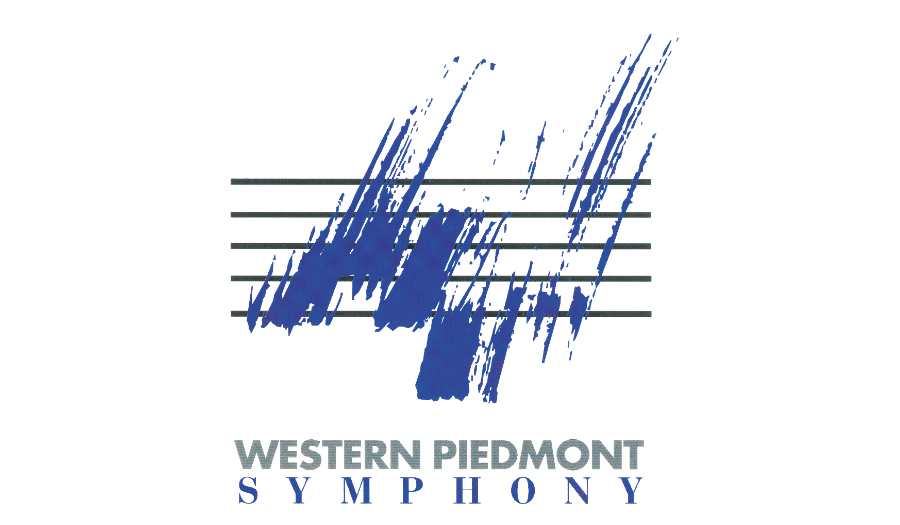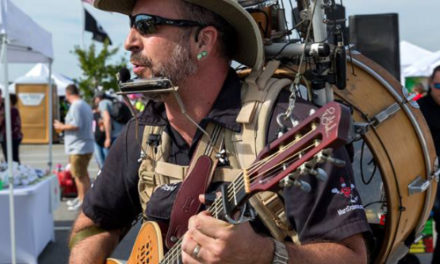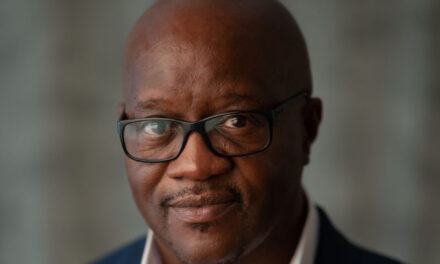By W. Gerald Cochran
Hickory – After a year of deafening silence, a masked and socially distanced Western Piedmont Symphony presented a live concert under the direction of Music Director Matthew Troy to a small, appropriately masked and distanced live audience in in the Drendel Auditorium of the Catawba Valley Arts and Science Center, with an additional audience viewing by live streaming. And, what a concert it was.
Opening the program was O Magnum Mysterium, by Morten Lauridsen (b. 1943), usually sung by a choir, but arranged for string orchestra in this performance. Written in 1994, this work made Lauridsen famous as a composer. It is based on Gregorian chant from vespers for Christmas day. The composer stated that the work was intended as “a quiet song of profound inner joy.” Even without words, the orchestra expressed the great mystery of Jesus’ birth and Mary’s tenderness for her child.
Morton Gould (1913-1996) was a composer, conductor, pianist, and arranger. He wrote his Spirituals for Strings in 1941, and this established him as a classical composer. Based on well-known spirituals, they use contemporary jazz concepts to coincide with the rhythmic patterns of the songs. Of particular note was the spectacular playing of the featured double bass parts in “All God’s Children Got Wings” and Helen Rifas on the harp in “Little David Play On Your Harp.”
Daniel Dorff (b. 1956) is an American composer who has written a number of narrated works for children, including Goldilocks and the Three Bears, which was presented at this concert, with John David Brown, III, Creative Director of The Green Room Community Theatre in Newton. Because this work calls for wind instruments in addition to strings, special enclosures had to be made for each wind player to prevent the spread of viruses. Surprisingly, this did not impede the sound. Mr. Brown’s performance was light and entertaining and certainly brought an exceptional bright spot to the performance, which included delightful accompaniment by the orchestra.
Edward Elgar (1857-1934) is possibly the most famous English composer of all time. Written in 1892, Serenade for Strings, Op. 20, is one of his earliest works and displays a youthful charm but also hints at a progressing musical maturity. In three movements, it was performed with beauty and lushness.
Closing the program was a viewing of a performance of Adagio for Strings by Samuel Barber (1910-1981), who was one of the most celebrated composers of the 20th century. This performance was recorded this past September by the Western Piedmont Symphony in conjunction with the Hickory Museum of Art and dedicated to Black Lives Matter. This work is filled with passion and pathos, and this performance is one of the best I have seen or heard and is awe inspiring. It is available for viewing on YouTube.
Attending this concert, it was hard to believe that this orchestra has not played together for an entire year. Their performance exceeded all of my expectations. Their sound was gorgeous, and their playing exuded the excitement and enthusiasm that they were once again able to perform for a live audience. Their next live and streamed concert will be on April 24, 2021. Don’t miss it.










